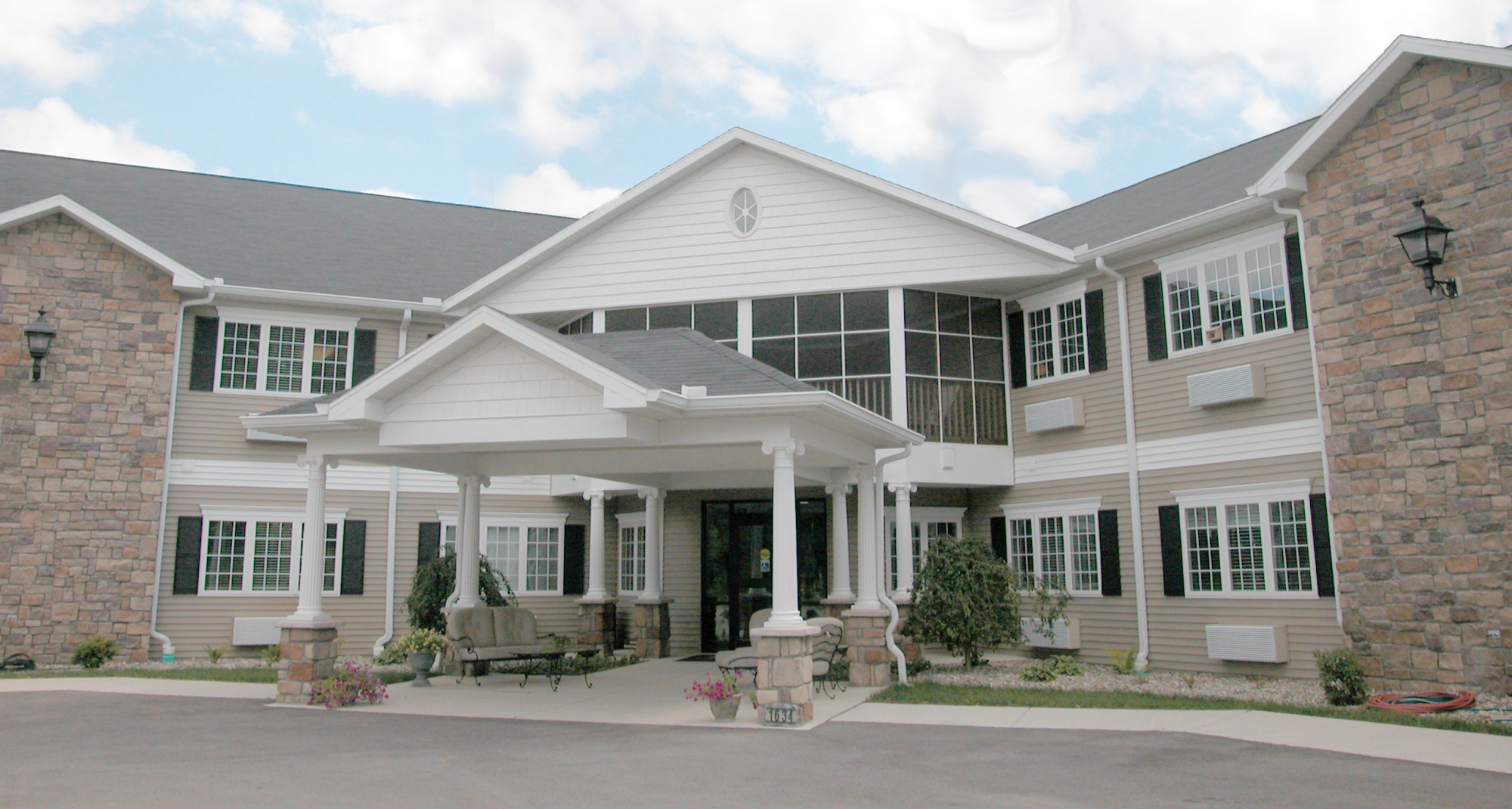What is Palliative care?

Palliative care is a specialised type of medical care and help provided to people going through severe illnesses, especially these with life-limiting or life-threatening circumstances. The main objective of palliative care is to boost the quality of life for patients and their families by addressing the bodily, emotional, social, and religious features of their well-being. Here are some key elements of palliative care:
Relief of Suffering: Palliative care focuses on alleviating ache, symptoms, and discomfort associated with serious diseases, similar to most cancers, heart disease, advanced dementia, or end-stage organ failure.

Holistic Care: Palliative care takes a holistic method, contemplating the affected person's physical, emotional, psychological, and religious wants. It aims to supply complete care that goes beyond simply addressing bodily symptoms.
Interdisciplinary Team: A group of healthcare professionals, together with docs, nurses, social employees, chaplains, and other specialists, work together to offer palliative care. This team collaborates to fulfill the patient's multifaceted wants.
Communication and Decision-Making: Palliative care encourages open and honest communication between sufferers, households, and healthcare providers. It helps patients and their households make informed selections about their care, including end-of-life care.
https://visitmaplewood.com/ and Symptom Management: Palliative care specialists are skilled in pain and symptom administration. They use a variety of medicines, therapies, and interventions to regulate and alleviate distressing signs.
Support for Emotional and Psychological Needs: Palliative care provides emotional and psychological help to assist patients and households address the challenges of a critical illness. This consists of counseling, therapy, and help teams.
Support for Families: Families often play a vital function in caregiving, and palliative care provides steerage and help for members of the family as they navigate the care of their liked one.
Spiritual and Existential Support: Palliative care acknowledges the importance of addressing non secular and existential considerations. Chaplains or religious counselors may be out there to supply support in this area.
Care Across Settings: Palliative care can be provided in varied settings, together with hospitals, nursing houses, hospices, and even in the affected person's own residence.
Transition to Hospice: In some circumstances, when a affected person's illness is not responding to curative therapy and life expectancy is restricted, palliative care might transition to hospice care, which is designed for end-of-life care and luxury.
Palliative care is not solely targeted on end-of-life care; it can be offered alongside healing treatments and at any stage of a serious illness. It aims to enhance the affected person's quality of life and help them reside as comfortably and totally as possible while facing a difficult medical condition. It's an approach that emphasizes dignity, compassion, and patient-centered care..
